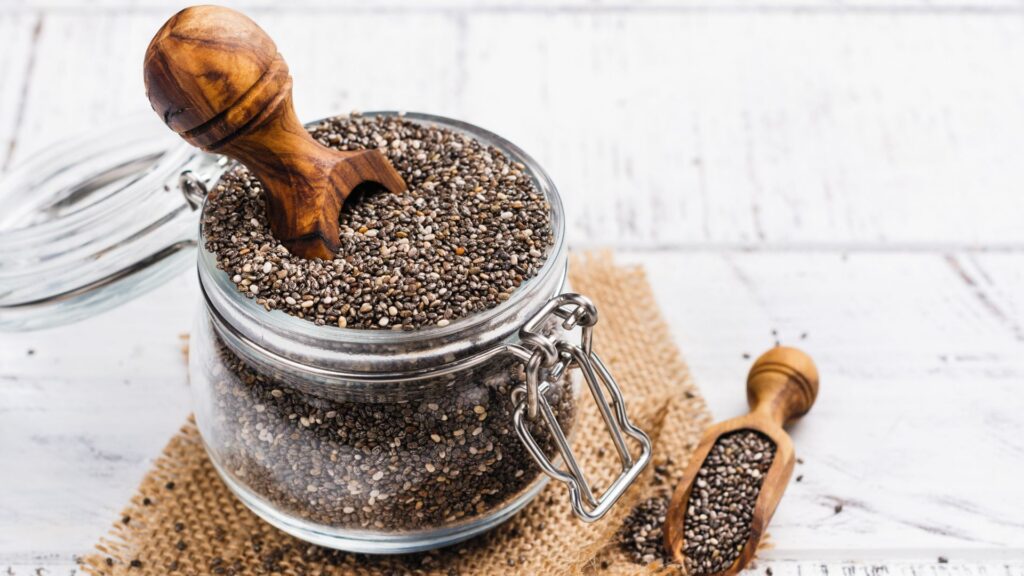Amla, also known as Indian gooseberry or Emblica officinalis, is a fruit that has been used in traditional Ayurvedic medicine for centuries. Amla is rich in nutrients and bioactive compounds, providing numerous health benefits. Here are some of the potential advantages of consuming amla:
- High in Vitamin C: Amla is exceptionally rich in vitamin C, which is a potent antioxidant. Antioxidants help protect cells from damage caused by free radicals, and vitamin C is essential for immune function, skin health, and the synthesis of collagen.
- Antioxidant Properties: Amla contains various antioxidants, including polyphenols, flavonoids, and tannins. These antioxidants help neutralize free radicals, reducing oxidative stress and inflammation in the body.
- Immune System Support: The high vitamin C content in amla supports the immune system by enhancing the production and function of white blood cells. A strong immune system is essential for defending the body against infections and illnesses.
- Heart Health: Amla may contribute to heart health by helping to lower cholesterol levels, reduce blood pressure, and prevent the oxidation of LDL (low-density lipoprotein) cholesterol. These effects can contribute to a lower risk of cardiovascular diseases.
- Digestive Health: Amla is known for its digestive benefits. It can act as a natural laxative, helping to regulate bowel movements and prevent constipation. The fiber content in amla also supports a healthy digestive system.
- Blood Sugar Regulation: Some studies suggest that amla may help regulate blood sugar levels, making it potentially beneficial for individuals with diabetes. It may help improve insulin sensitivity and reduce complications associated with diabetes.
- Anti-Inflammatory Effects: Amla has anti-inflammatory properties that may help reduce inflammation in the body. Chronic inflammation is linked to various health conditions, including heart disease, diabetes, and arthritis.
- Skin Health: The antioxidants in amla contribute to skin health by protecting against oxidative damage. Amla is also believed to promote collagen production, helping to maintain skin elasticity and prevent premature aging.
- Hair Health: Amla is commonly used in hair care products and remedies. It is believed to strengthen hair, prevent hair loss, and promote overall hair health. Amla oil is often used for nourishing the scalp and improving hair texture.
- Cognitive Function: Some studies suggest that the antioxidants in amla may have neuroprotective effects, potentially supporting cognitive function and reducing the risk of neurodegenerative diseases.
Amla can be consumed in various forms, including fresh, dried, as a juice, or as a supplement. It's generally safe for most people, but as with any supplement or dietary change, it's advisable to consult with a healthcare professional, especially if you have underlying health conditions or are taking medications.





